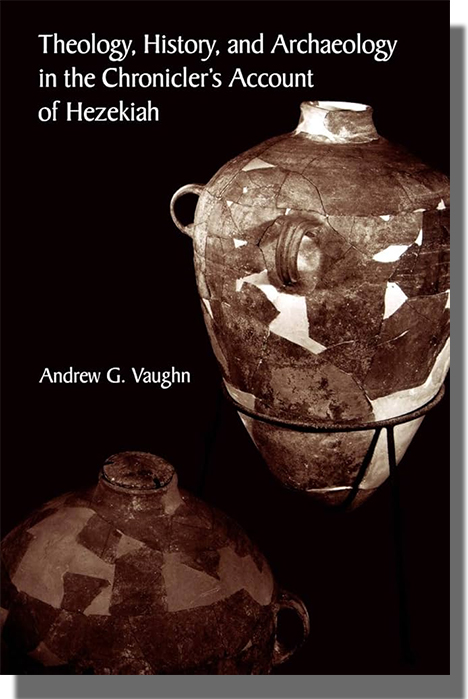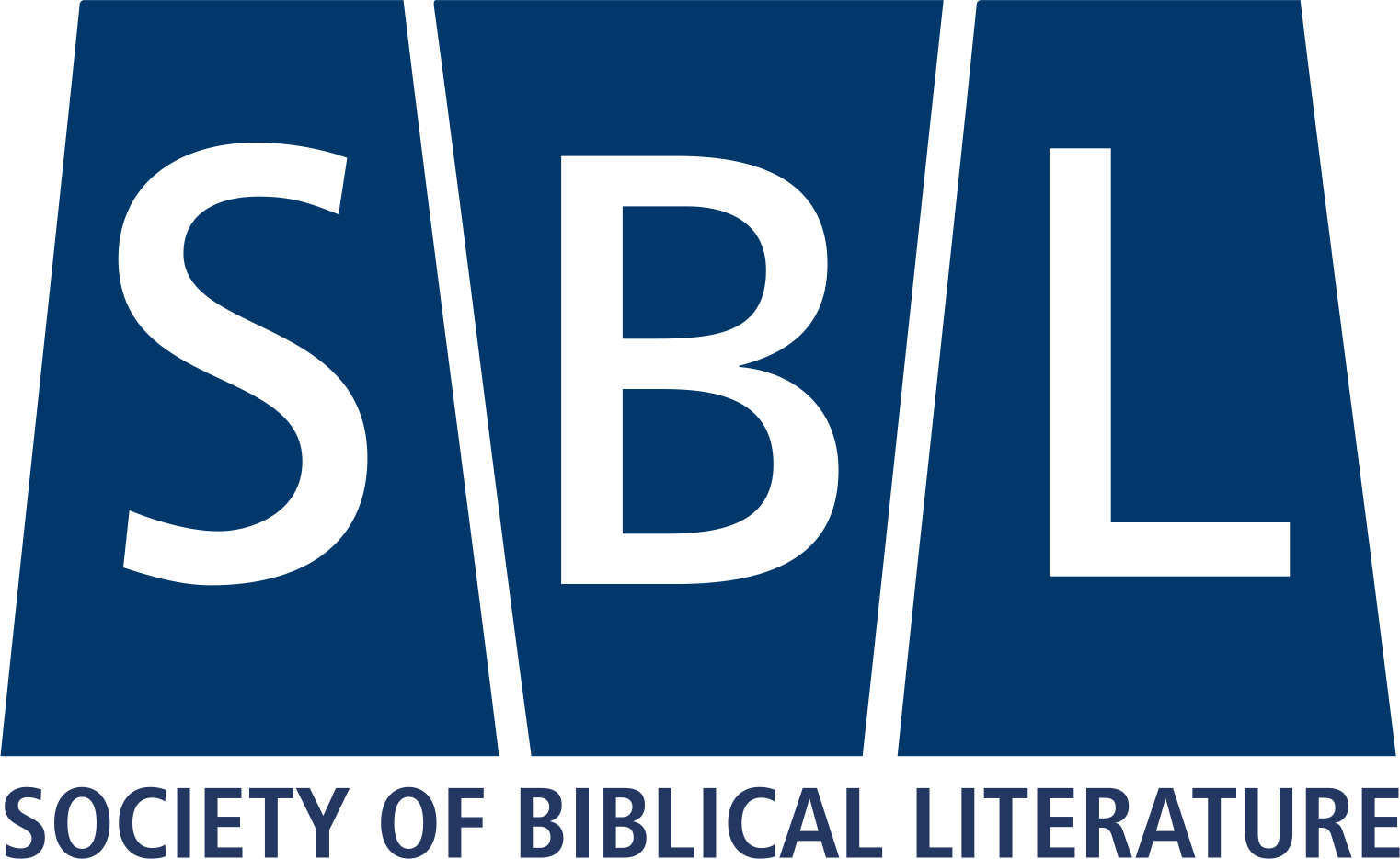
$42.00
The Chronicler’s treatment of Hezekiah in 2 Chronicles 29–32 is an excellent place to test the relationship of extrabiblical historical data to an interpretation of Chronicles. This study argues that the consistency between the Chronicler’s detailed account of Hezekiah’s economic buildup and civil power and the known extrabiblical historical data must be addressed. It integrates archaeological and epigraphic study with a focused reading of Chronicles and shows that traditions or remembrances that were historically accurate were utilized in constructing the Chronicler’s ideological message. Even while presenting an ideologically laden message to the postexilic community, the Chronicler was still concerned with the writing of history.
“Vaughn has made a significant contribution to the conversation about the historical period of Hezekiah and also about the value of Chronicles as a historical source. The fact that one wants the conversation to continue should be the highest form of praise. Vaughn’s volume is clearly in the conversation.”
—Review of Biblical Literature
“[This work] should be consulted by anyone interested in the history of the late Judaean monarchy and particularly the eighth century. This is a useful book. It should send up red flags about any work that presupposes that the book of Chronicles is an unreliable historical source.”
—Journal of Religion
